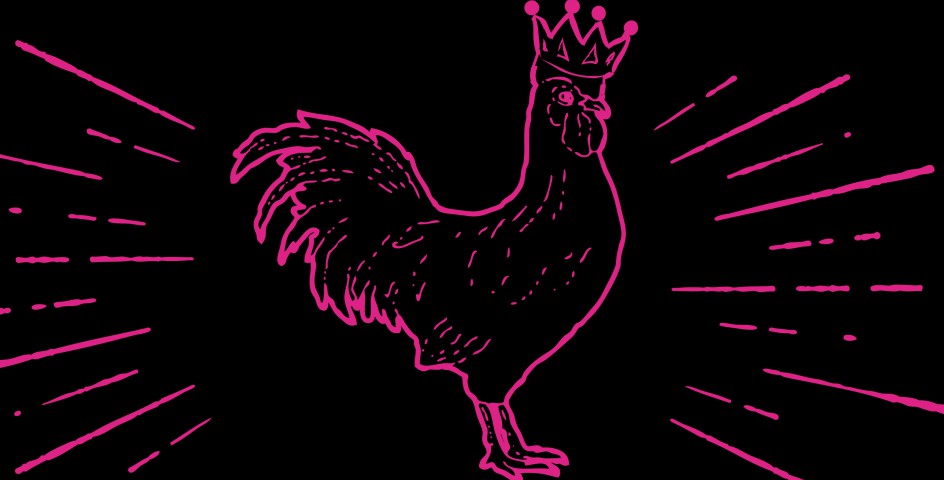Nutrition plays an important role in optimizing performance before, during, and after exercise. What you eat (or don’t eat) can affect the body’s ability to train, adapt, and recover from activity. And, when it comes to fueling recovery after a tough workout, protein is key!
1. How does protein repair and rebuild muscle?
Protein is made up of amino acids, which act like building blocks for the body. When you eat protein after an activity, it gives your muscles the amino acids necessary to repair and rebuild.
And why is this important? Well, repetitive muscle contractions from jumping, running, and other forms of exercise can break down muscle cells and cause damage to the muscles in your arms, legs, and the rest of your body.
Taking in adequate protein after exercise helps reverse damage, build muscle, and get you ready for the next tough workout.
2. How much protein do you need for muscle recovery?
“Protein synthesis” is the scientific way of saying “repairing and growing muscle.” Post-exercise intake of about 0.2–0.5 grams of protein per kilogram of body weight (g/kg) has been shown to increase this muscle protein synthesis.1 That’s somewhere around 10–30 g of protein depending on your body weight, and the intensity and duration of your workout. The longer and more intense the exercise, the more protein is needed to optimize recovery. Over the course of the day, active individuals should aim to eat about 10–20 percent of their total daily energy intake from protein (or about 50–100 g, based on a 2,000-calorie diet). Athletes may need even more protein and should aim for 1.2–2 g/kg each day.1
While protein gets most of the glory when it comes to post-exercise fuel, carbohydrates have a role to play, too.2,3,4 In fact, carbohydrates and protein in a 3:1 or 4:1 ratio have been found to help maximize recovery by replenishing energy stores.5
With a blend of carbs and protein, some of my favorite recovery foods include a glass of chocolate milk, the classic PB&J, , which has 20 g of complete, plant-based protein.



